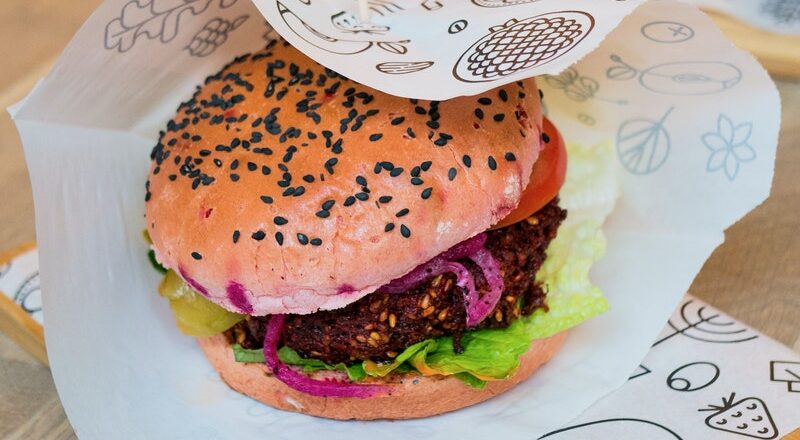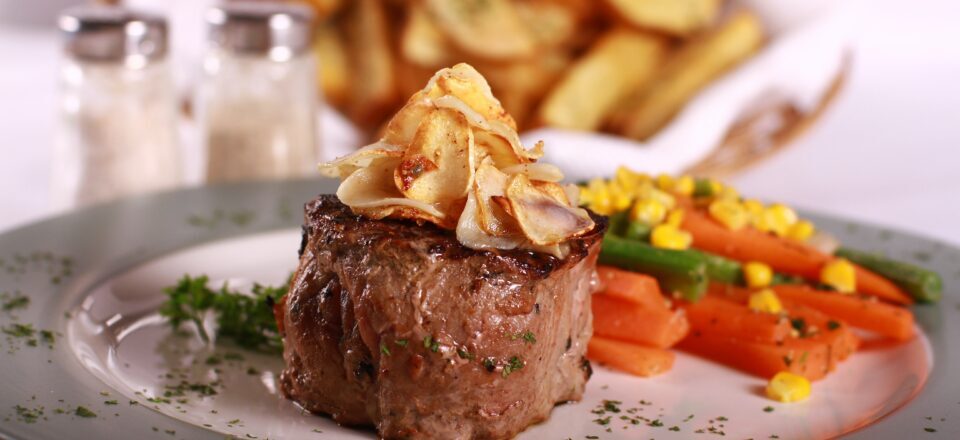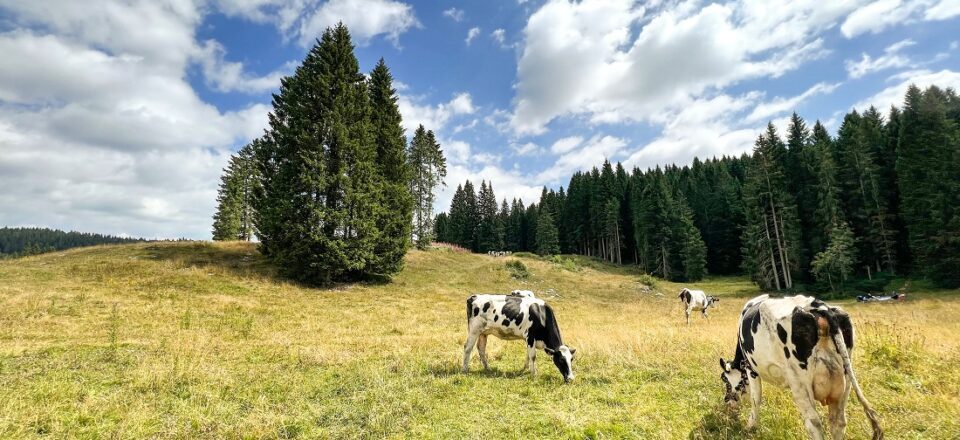
The big business of fake meat
The business of alternative proteins to meat, with ultra-processed foods, amounts to 290 billion dollars. Is their consumption helping the environment? Nope. It would only reduce greenhouse gas emissions by 0.34%.
These are certainly not lean times for the sector of plant-based products that aim to replace animal source foods: in Italy, they are worth 458 million euros, a turnover that is estimated to grow exponentially. But if more investment is diverted to alternative plant proteins, the damage to the economy and health would be no longer far away.
Supermarket shelves and refrigerators are full of fake meat and fake eggs – a mix of vegetables and other substances that, after various industrial processes, become veggie burgers, fake meatballs, fake cutlets, fake omelettes and so on. They resemble the originals of animal source for taste and shape, but instead, it is all based on ultra-processed ingredients.
The alternative protein market is rapidly growing: Boston Consulting Group estimates that the world will account for 290 billion dollars of business by 2035 and that one in ten portions of meat, eggs, dairy products and seafood consumed worldwide will be produced from alternative proteins by 2035. According to the report “Food for thought: the protein transformation“, it is expected to increase from 13 million tons per year to 97 million by 2035, constituting 11% of the total protein market. But more innovative technologies and regulatory support could accelerate market growth up to 22% by 2035.
The #plantbased products, that aim to replace #animalsource #foods, in #Italy worth 458 million euros, a turnover that is estimated to grow exponentially. Click To TweetSpecifically, the US, Canada and Europe are the most mature markets for alternative proteins, with many of these products already on supermarket shelves for several years. According to the report’s forecasts, Latin America and the rest of the world will increase but remain marginal.
So, it’s plenty of time for investors who have sensed the economic business of alternative protein. In recent years it has attracted super investments: only in venture capital has gone from just over 600 million dollars in 2018 to 4,5 billion in 2021 (Dealroom data).
Impacts
There’s no point in focusing on plant proteins. Firstly, it would not solve the problem of environmental pollution, and secondly, it would create health and economic problems.
The Italian zootechnics has emissions lower by 50% compared to the global average, thanks to investments to make livestock farming more efficient. For example, increasing the production of biogas and biomethane, which are renewable energy created by processing waste.
By the way, a recent study, “Impact of plant-based meat alternatives on cattle inventories and greenhouse gas emissions”, analysed what would happen if the consumption of plant-based fake meat increased at the expense of traditional ones. The scenario shows that there would be a reduction of only 0.34% of greenhouse gas emissions. Do not forget milk and meat substitutes are ultra-processed products that, before arriving on the shelves, require large amounts of energy and water for production.
From an economic point of view, Italian livestock farming – breeding and industrial processing together for the cattle, pig and dairy sectors – has a turnover of over 46 billion euros. A crisis triggered by a forced growth of plant proteins at the expense of animal proteins would entail heavy repercussions on turnover and employment.
The #ItalianZootechnics has #emissions lower by 50% compared to the global average, thanks to investments to make #livestock farming more efficient. Click To TweetMoreover, the sector is already suffering from the high cost of raw materials, expensive bills and critical issues related to the conflict between Russia and Ukraine. Not by chance, a billion and two hundred million has been allocated to save the made-in-Italy agri-food chain. A measure that also aims to reduce dependence from abroad: on the meat front, Italy produces only 51% of beef, 63% of pork and sausages, and 49% of goat meat, while the rest is imported.
From the nutritional point of view, the noble proteins of animal origin have no equal: they present a better assortment of essential amino acids and are digested, absorbed and used with excellent efficiency by the body. Do not forget that meat, dairy products and fish contain many other essential substances, such as the “heme iron” absorbed very quickly by the human body.
Plant proteins have limiting amino acids, essential amino acids that are present in limited quantities. Plant-based foods contain iron in “non-heme” form, which has much slower and more difficult assimilation (bioavailability).





